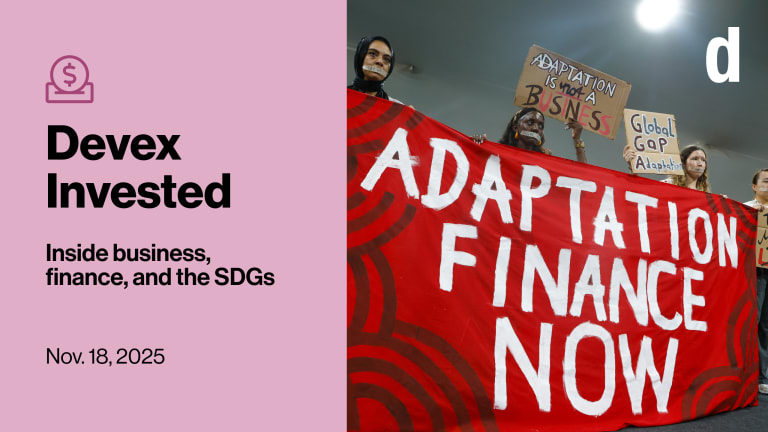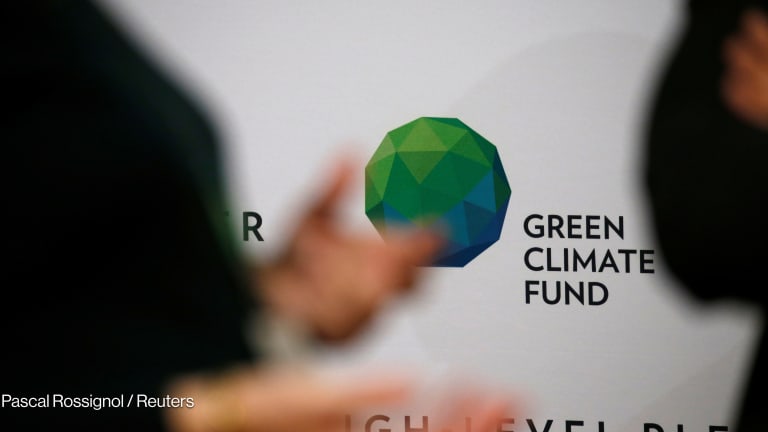The global agreement to create a Loss and Damage Fund to pay for climate change-related harms done to lower-income countries was seen as a breakthrough at United Nations climate summit negotiations last year. But as countries haggle over terms, the demands being presented by lower-income countries would create major implications for donors’ aid budgets.
The climate loss and damage fund’s core financing should be “grant based or extreme, extreme, extreme concessionality,” according to Ambassador Mohamed Nasr, the lead negotiator for Egypt, which currently holds the climate negotiations presidency that helped secure the agreement in 2022. His remarks bring into the open one of the key fractures in the discussions to create the new fund, which has gone on behind closed doors.
The fund’s design is currently being negotiated, but Nasr said high-income countries should be providing “clear contributions” on a regular basis through a replenishment process. “Europe and others can contribute, and they should contribute,” he told a press conference at the Bonn Climate Change Conference, an event considered the halfway point to the 28th Climate Change Conference of the Parties in November.








